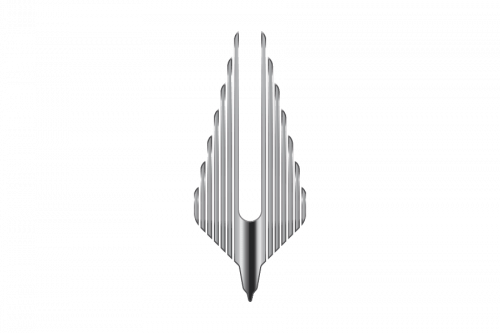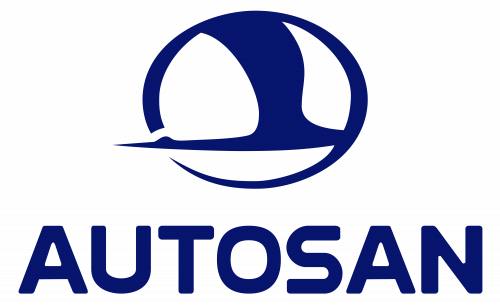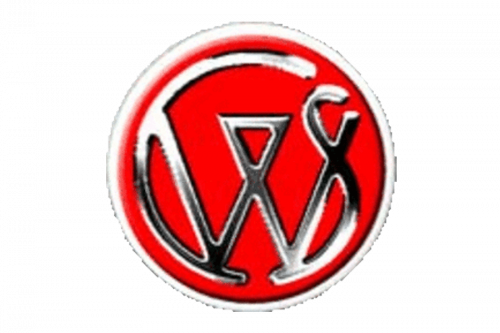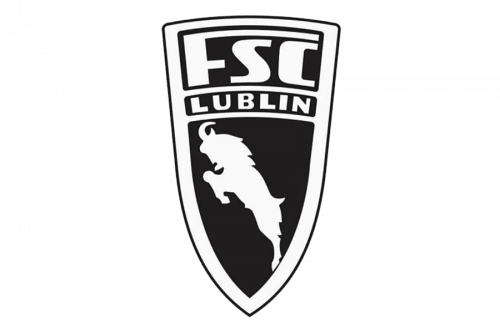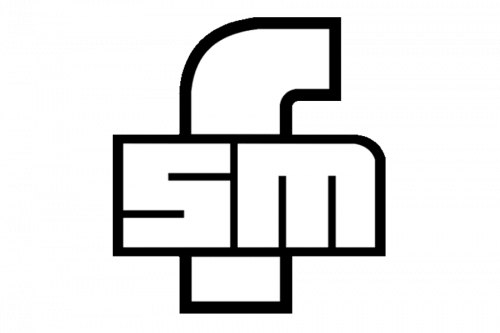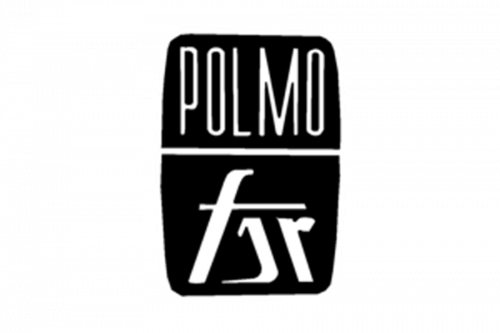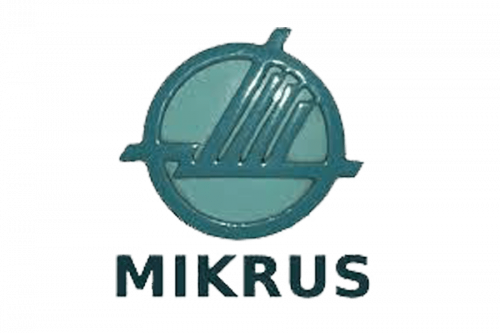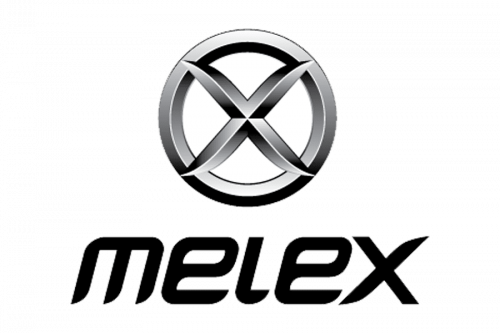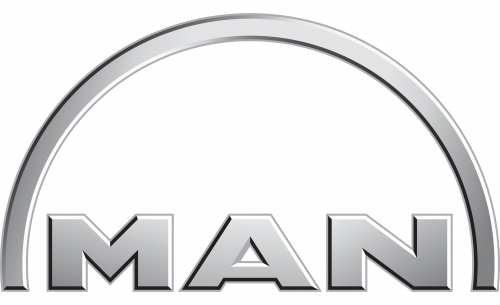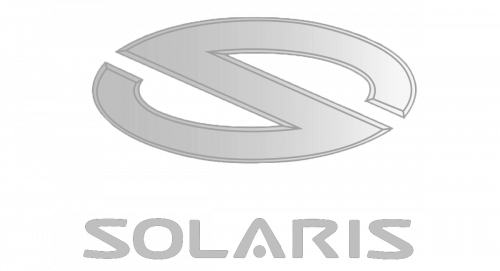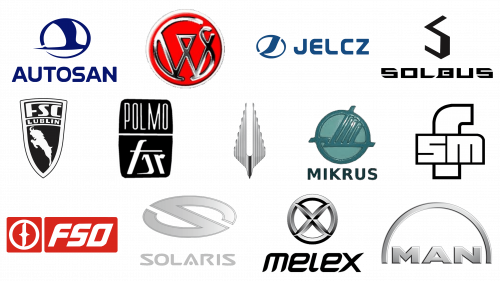
The Polish automotive industry mostly consists of small brands nowadays. Their golden age was in the socialist era, when most historically significant factories cropped up and started making vans, passenger cars and heavier vehicles. Now, many of them are closed.
Arrinera
Arrinera is a car brand from Warsaw, founded in 2008. They are best-known for their Hussarya supercar. It’s supposed to be an extremely powerful car, produced in small numbers. They started producing these in 2016. The Arrinera logo also references the famous Polish hussars. The emblem depicts two long wings, stretched upwards and jointed below with a small cylinder. Next to it, there’s usually the brand’s name, made in futuristic, bold letters.
Autosan
Autosan is a vehicle manufacturer from South-Eastern Poland. They were initially established in 1830 and started making vehicles by the end of the century. Later, the production focused on buses and similar products. Their logo depicts a silhouette of a stork bird, with its wings stretched upwards. It’s then outlined with an oval shape, usually. The emblem is followed by the company’s name written in capital sans-serif letters.
CWS (Centralne Warsztaty Samochodowe)
CWS (translates to: Central Automotive Workshops) was a Polish car manufacturer between 1918 and 1928. Their focus was on passenger cars and motorcycles, as well as some armored vehicles. The company was then repurposed into another state-owned carmaker. Their logo was a circle with all three letters of the acronym inside. ‘C’ & ‘S’ were thinner and longer, as if encircling the ‘W’ in the middle. The font was a normal sans-serif typeface.
FSC (Fabryka Samochodow Ciezarowych)
FSC (stands for: Factory of Freight Vehicles) is a major Polish car company from Lublin. It was established in 1948. Over time, they started mostly producing vans and trucks, as well as some passenger cars. Their logo is a red shield with some white elements on it. In particular, the centerpiece is a silhouette of a leaping goat, drawn in the middle. The upper levels of the shield are occupied by the word ‘Honker’ in typical sans-serif.
FSM (Fabryka Samochodow Malolitrazowych)
FSM (means: Factory of Compact Cars) was one of several Polish car manufacturers in the socialist era. Created in 1971, the company focused on building subcompact cars that would be affordable and accessible to an average citizen. In this time, they’ve produced a number of such vehicles. Their logo was a chubby, black letter ‘F’. However, instead of a central bar, they’ve accommodated letters ‘S’ and ‘M’ there. They were smaller than the main character, but thicker than the usual bar in this place would be.
FSO (Fabryka Samochodow Osobowych S.A.)
FSO (stands for: Factory of Passenger Cars) was amongst the biggest Polish car manufacturers, established in 1948. By 2011, they went bankrupt, however. Their focus was on relatively small passenger cars, such as Polonez and Warszawa brands. The logo was a combination of a red square with the emblem on it and the wordmark. The emblem was a white ring with a mid-flight bird depicted on it. The wordmark was put in white letters onto a similar red rectangle.
FSR
FSR was a Polish automotive company that operated in 1975-1996. The name stands for ‘Factory of Agricultural Vehicles’, which suggests they made tractors. Despite that, they mostly focused on small trucks, vans and crossovers. The company’s logo was a black rectangular shape, divided into two sections. The upper half was occupied by the tall letters that constituted the word ‘Polmo’ (their nickname). Below, they’ve written the FSR acronym, but in small italic letters.
Mikrus
Mikrus was a Polish microcar, produced in the later 50s. They were built by Mielec, an otherwise aircraft manufacturer that decided to create this car as an experiment. Its purpose was to provide a simple citizen with an affordable, reliable car. These cars mostly used Mielec’s old emblem as badges. It depicted an unidentified bird inside a cog (a simple ring on the car). The logo itself also had ‘FKS STAL MIELEC’ written along its top edge.
FSD
FSD (or ZSD – Department of Commercial Vehicles) was a vehicle manufacturer from Poland between 1952 and 2003. They primarily build vans, small trucks and pickup trucks. A lot of the later Polonez vans were built by them, for instance. They didn’t have many emblems. Some of their vans used a letter ‘N’, encircled and with two wings on each side. These, however, were mostly used by their line of Nysa vans.
Jelcz
Jelcz is a Polish carmaker, established in 1952. They primarily make trucks, vans, buses and similar heavy vehicles. They also produce vehicles for the military, which includes mounted rocket launchers and freight cars. Their logo is a little shape that looks like ‘J’, put inside an oval form. Both were dark blue in color. There’s also often the brand’s wordmark, written in big sans-serif letters nearby.
Melex
Melex is a brand of small cars from Poland, established in 1972. These vehicles resemble golf cars and work from electric engines. They normally don’t have doors or roofs, although there are variations. They don’t have any logos, besides the company’s name written in small, sans-serif letters. The font is a normal sans-serif font. The shapes are a bit too geometric on them, and some shapes are very abrupt.
MAN Bus/MAN Trucks (ex-Star)
FSC Star is one of the leading Polish vehicle manufacturers, established in 1948. They mainly built buses, trucks and similar vehicles. In time, they were acquired by MAN, which turned them into a production site for their buses, primarily. Their emblem, for its part, was a rather simple picture. It was a circle with a bit letter ‘S’ in the middle, as well as a smaller letter ‘T’ inside of it. It was used as badges, alongside a big name wordmark, made from capital letters.
Solaris
Solaris is a Polish vehicle manufacturer, established in 1999. The bulk of their product is buses, coaches, trolleybuses and similar vehicles. It’s the biggest producer of such sort in this country. Their logo is a big metallic letter ‘S’. It’s not just written plainly in some sans-serif style, but rather as an oval with an additional diagonal line inside and two cuts on each side. There’s also the company’s name normally written nearby, which uses rounded, futuristic letters in full grey.
Solbus
Solbus is a Polish manufacturer of buses and similar products, established in 2001. It’s among the country’s biggest suppliers of coaches at the moment. That being said, it’s not too famous abroad. Solbus logo is a blue circle with grey objects inside it. There are three bits, which together compose the letter ‘S’ (of sorts). The other part of their logo is the name, written in big sans-serif letters nearby.


